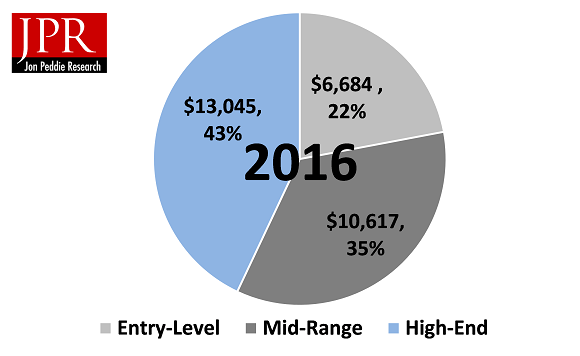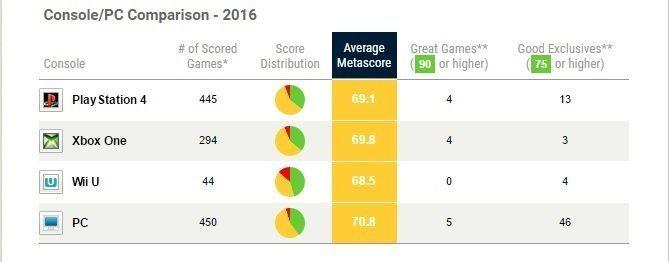However you seem to be making arguments as to why the number would actually be lower on the assumption that a significant proportion of those users who own an expensive gaming GPU and have the worlds biggest gaming client installed on that PC are not using the PC for gaming. But to be honest, I'm not even sure that matters since the circle-jerk arguments usually revolve around how many units there are out there anyway, not how many of those units are being used to game on or not (which applies to both PC's and consoles). Also bare in mind Steam doesn't represent the entire PC market so while we can reduce the Steam number a little on the basis of some of those PC's are not used for gaming, we should also uplift it a little to account for the segment of the market that doesn't use Steam.
Honestly, gpu sales numbers are no indication anymore of who's a gamer and who isn't. There are plenty of people gaming on laptops now since that's what they own, and there's also plenty of people that simply do not want to spend money on new hardware and will game on whatever they have. Simply drop game settings to low and off they go, not everyone cares about getting all the visuals maxed out at 60fps, some people are perfectly content just playing the game in whatever settings work. I don't think making assumptions on who is a gamer based on gpu class works anymore. Especially with Intel gpus becoming faster and such a large part of the market now, most companies will test against those and have a settings profile that will work on them for most games. And also as you said, as much as Steam is often treated as the default pc gaming mechanism, it's really just one of many so it's data is not pure gospel anymore as there are plenty who pc game without it.
TLDR: Gpu is no longer an indicator of someones gamer status.





